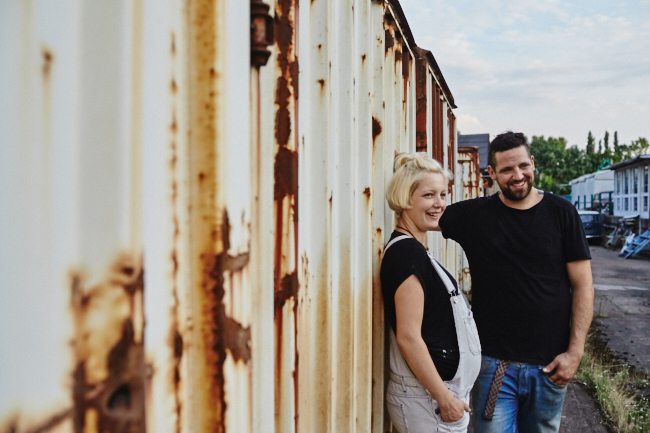
by Emma Robertson
For Clement Jeannesson and Jacquie Kappl, furniture construction is a labour of love. Their design company, Recyclemented, is less than a year old; although in many ways it’s still a hobby, the pair is working tirelessly to build it up into a fully-fledged career, one palette at a time. Using found wood, discarded materials and (especially) old EuroPalettes, Clement and Jacquie are giving new life to Berlin’s forsaken and forgotten: the result is strikingly unique furniture, each with its own twist on the traditional.
Clement and Jacquie, originally from France and Germany respectively, started Recyclemented in Melbourne, Australia. “We moved to the Gold Coast and we were pretty poor at the time,” Jacquie explains. “We had an apartment but we had no furniture, so we started building stuff out of bits and pieces we found on the side of the road. At some point, we had like seven tables in our place!”
It’s become something of a Cinderella story since they relocated to Berlin at the beginning of this year; although Clement has a history in mechanics and steelwork, both are self-taught woodworkers, picking up the tricks of the trade through YouTube videos, online tutorials, and good old trial-and-error. We caught up with Clement and Jacquie at their studio in Lichtenberg to talk upcycling, working in Berlin, and how passion drives creativity.
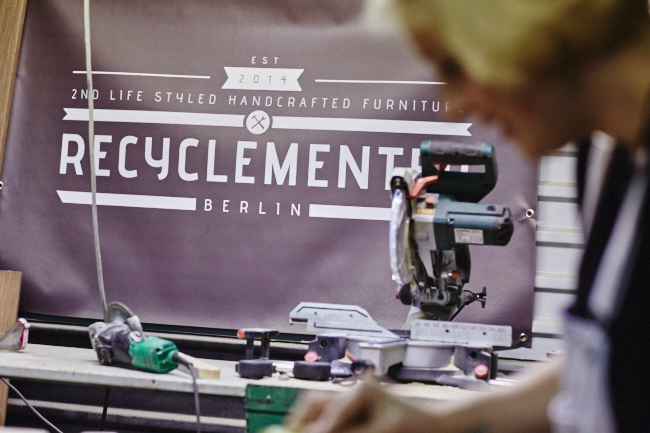
What is more important as a designer, form or function?
Clement Jeannesson: Function, for sure! Function is better because if you make a chair that looks beautiful but you can’t sit on it, what’s the point?
Jacquie Kappl: He always lectures me on that one! (Laughs) I have all these ideas, “We have to do this! We can make it like that!” but then Clement comes in, “Nope. It’s not sehr gut.” (Laughs)
CJ: Well, it has to be useful! What are you going to do with it? We’re selling furniture first. It’s an art piece in the end — it’s beautiful, sure, but it’s furniture. It has to serve its purpose. It can be a nice table but it has to work.
JK: I have a lot of ideas. I’m the dreamer of the two of us. For Clement, it’s more about actually putting the ideas to paper.
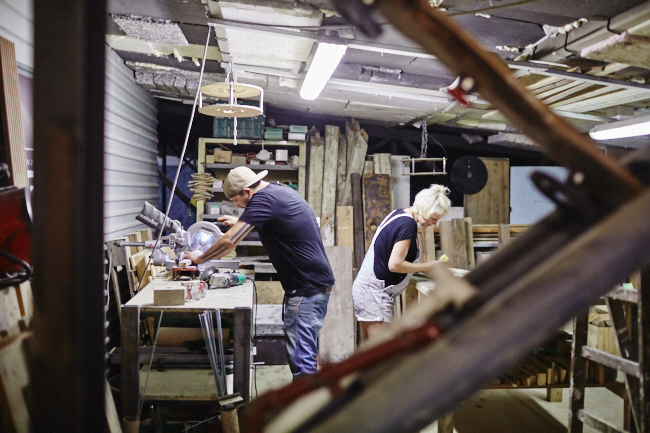
Where do you come up with your best ideas?
CJ: For me it’s non-stop! Everywhere I go! It’s 24/7 for me. When I’m at work, I get ideas and I can just take them and run with it. I’m a bit obsessed with being creative, trying to come up with more ideas, more and more and more, and then — the best part — actually turning them into something.
JK: Clement is teaching me to come up with my ideas before I come to work, to bring them to the shop and then work on them here instead of wasting time sitting around thinking. It actually really is helpful because at the start, I wasn’t doing that. I’d just come in, sit here, turn around the wood, thinking, looking at everything…
CJ: We don’t have a lot of materials so that affects us creatively. We’re never going to do 12 of the same table, for example, because I’m never going to be able to find 12 of the same kind of wood! So, every time it’s a bit of a challenge because you have to make it work with what you’ve got. But the more we do it, the easier it gets. It’s never boring.
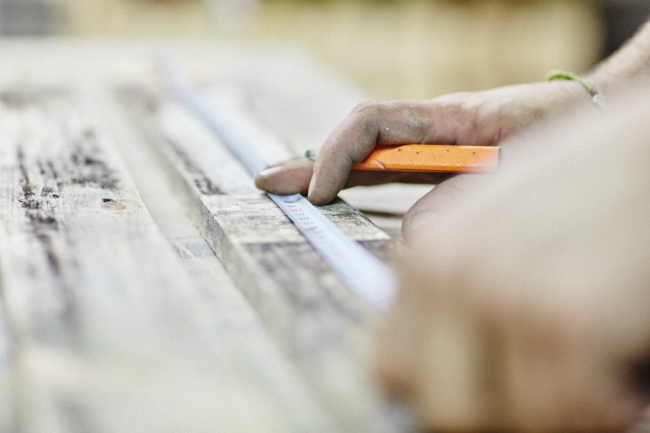
Do you ever get tired of that challenge, though?
JK: I don’t know. It’s extra challenging and at the same time, it isn’t. It appeals to a customer that wants something unique. But at the end of the day, there’s a style they’re asking for so you can’t always give them exactly that because you’re tied to the types of wood you find…
CJ: It’s also difficult because you don’t want to do something too unique every time.
It’s a fine balance, I guess. If people wanted cookie-cutter furniture, they’d go to IKEA.
JK: Exactly. Plus, in terms of what we’re doing, we don’t have a lot of competition at the moment. If there’s anyone else doing recycled material furniture with our same style, we haven’t heard of it.
Is it necessary to push boundaries like that when you’re working in a field that is so traditional?
CJ: I have to say, this job has been here forever! Before steel, before everything, woodworking was always here. So, yes, if you don’t do something a little bit different, you don’t exist.
JK: Especially in Berlin where there are so many artists, it’s not just doing something different, but doing something good. You have to be amazing. More than exceptional. People have to recognise you, you have to have a signature where people can see, Oh, this is Recyclemented. It’s good because it challenges us. We like a challenge. It’s on, IKEA!
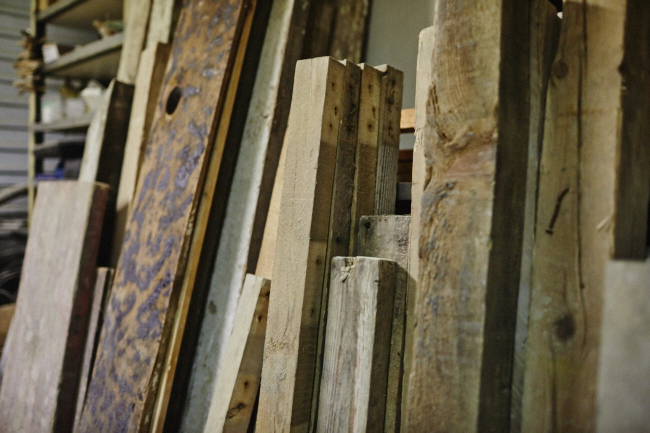
Where do you find the wood you use? This part of Lichtenberg seems like it would be a good place to find discarded wood. Do you go on missions to find material?
CJ: Not really. It’s just become a natural part of our day-to-day life. If we see something, we stop and pick it up.
JK: We’ve got a big truck! (Laughs) We do buy some materials though, the products that give the finishing touches and hardware that will make the furniture last longer. We want to provide a high quality piece. The idea is to sell products that are quality — that’s really important.
CJ: Like you said, in this area near our studio space, there’s always a lot of scraps and pieces that would go to waste normally. There are a lot of businesses here, a lot of construction areas that produce a lot of waste.
Would your work have as much personality if you were using wood that was brand new?
JK: Well, it wouldn’t be the same fun, that’s for sure. It would definitely lose a lot of the personality if we bought the wood. It wouldn’t be Recyclemented.
CJ: We love this concept, using old to make new. Everything comes from everything, for us. It’s part of the adventure and an important part of the end product. We’ll name the piece after the street corner where we found the palette. (Laughs) You know exactly where it comes from that way. Better than going to IKEA and you have no idea where it comes from.
JK: This was a good initiative for us at the start because we didn’t have money to buy furniture. This was a great way for us to be able to have the things we need and create this new lifestyle for ourselves.
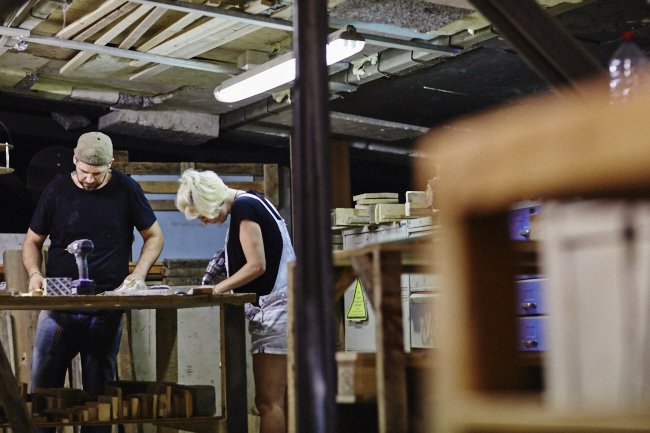
Would you say that Berlin is the right city for this kind of design? Are people responsive to your style?
JK: This whole “upcycling” trend is going really well in Berlin, so yes, people are very responsive to what we make. People are becoming more and more conscious in a way, of living and of the environment. There’s definitely a market for it. You just need to find your spot there, and have a voice. That’s what we’re working on.
Was that eco-friendly nature of Recyclemented something that’s always been important to you?
JK: In the beginning, it was more important to me than to Clement. I’m the hippie in this relationship! (Laughs) But he’s the one who actually got into the knowledge behind it! Certain palettes for example, are treated with toxins. You know how eggs have a serial number to show which is free-range, which is factory farmed and stuff? It’s the same with palettes, they’re stamped in the same way for which ones are treated and which are not. We need to know this stuff because people put our furniture in their living spaces.
Wow, I didn’t know that.
JK: You have to be careful, and not everyone is. I don’t know if it’s a money issue here in Berlin that the eco-friendly thing hasn’t picked up as much, but in Australia, it’s huge already. I think it can only grow from here! We see more and more the effects of what’s happening if we don’t take care of the planet, you know? It sounds cheesy but we have to be behind that if we want to keep this planet together. Small things make a difference!
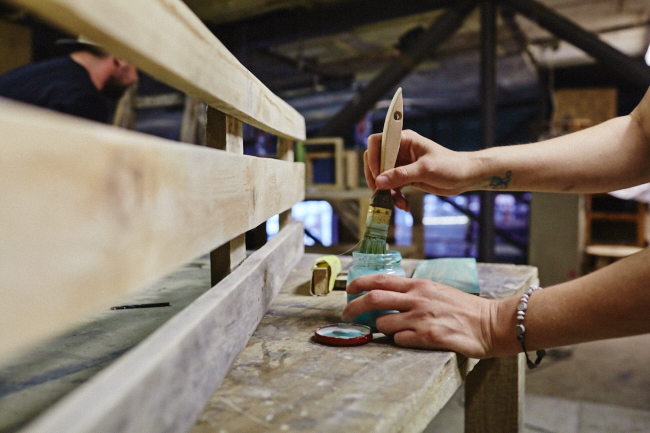
Do you worry that furniture from recycled material will go out of style?
JK: No. It’s still pretty new in Berlin, it’s only starting to become a big trend. I think we’re starting at the right moment. The downside is that because the palettes are becoming trendy… You’ve seen it in front of cafés, they make this simple bench out of bottle crates and a piece of wood, right? They call that recycled or upcycled furniture. And that makes it hard for us, because when people hear about our stuff, they have that pre-existing notion of it as this pile of junk on the sidewalk.
CJ: We do use the palette as the first material but, in the end, it doesn’t look like a palette! That’s the whole point!
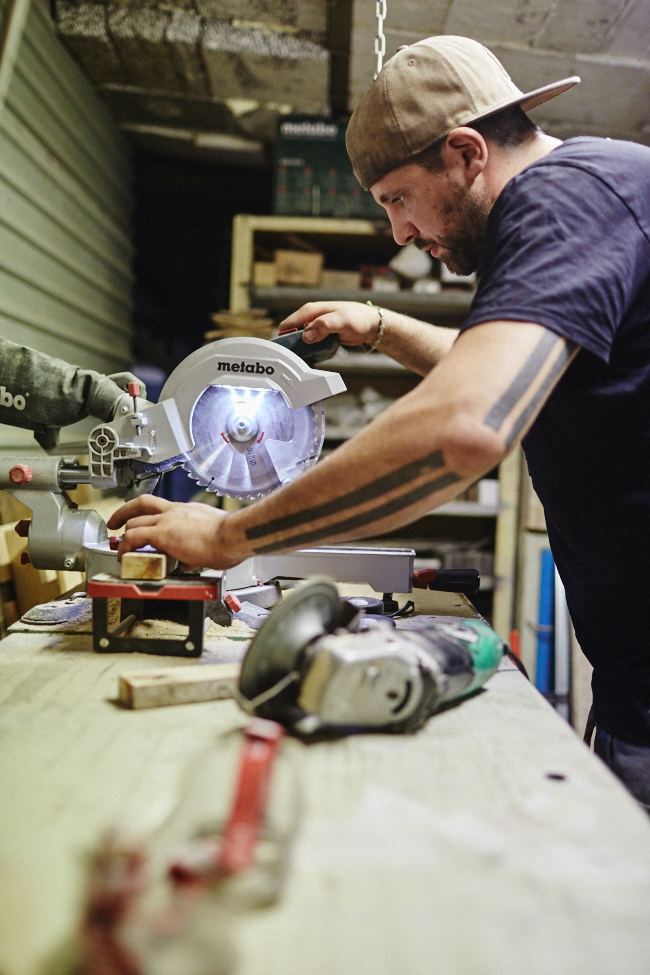
Even with your unique style, would you say there’s a lot of competition? I always see homeware and furniture out at the markets and stuff…
JK: It depends on what kind of markets you go to. There are the design markets, where the people are coming specifically to buy furniture and big pieces for the home… But then there’s Mauerpark where the tourists go, so they don’t buy furniture, obviously.
CJ: They just want to have a look and have a stroll on a Sunday, which is nice — we like to do that too. A lot of people at the markets want to go for a bargain, they want stuff really cheap because they can get it for those prices at Mauer. That’s not such a good location for us.
JK: Five euro for a handmade shelf? (Laughs) Get out!
CJ: They all want vintage! It’s big in Berlin, so everyone wants the vintage at flea markets like Mauerpark… We’re not fans of it at all! Sometimes it’s just old junk that’s labelled vintage, and because it’s so trendy, people really look for it at the flea markets. But at the design markets and some of the other pop-ups, people love to pass by our stall and look at the furniture, take photos and stuff.
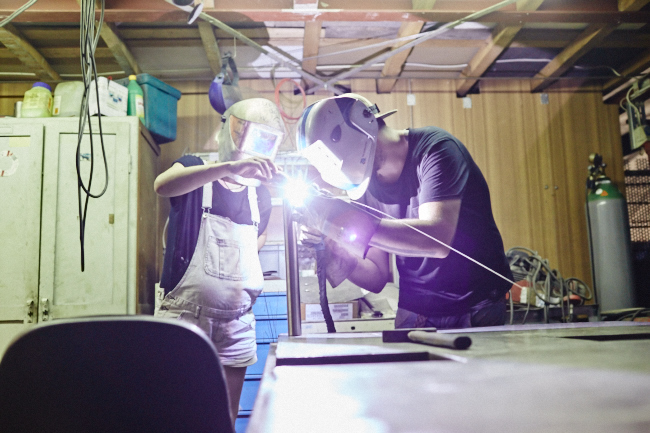
I love going to the markets, but I never buy furniture there because I have no way of getting it home!
JK: Exactly, we get a lot of requests because of that. People who come by bike or on the Bahn, they have no way to transport a table back to their flat.
CJ: It’s been a good learning experience. The first markets we did, we brought all the big tables and the big shelves but eventually we started to build a few smaller pieces, accessories, and things like the triangle shelves that are easier to transport.
It seems like this has all been a good learning experience for you.
CJ: Of course. We start from scratch with the wood. No one has taught us these techniques, we learn everything from trying, from doing. There’s a lot of pieces and I’m getting prouder and prouder of what I’m doing. We can see ourselves improving, and that’s a good sign I think.
Follow Recyclemented on Facebook and Instagram, and check out their designs on their website.Use the offer code “Überlin” when you contact them to get 10% off! (offer good through to the end of 2015).

 This is going to sound obvious, but in order to work at a startup – in Berlin or anywhere else – you need to either found one or be hired by one. I’m going to focus on the latter ’cause I’m a slacker and I’ve made it my life goal to achieve less and less every day.
This is going to sound obvious, but in order to work at a startup – in Berlin or anywhere else – you need to either found one or be hired by one. I’m going to focus on the latter ’cause I’m a slacker and I’ve made it my life goal to achieve less and less every day.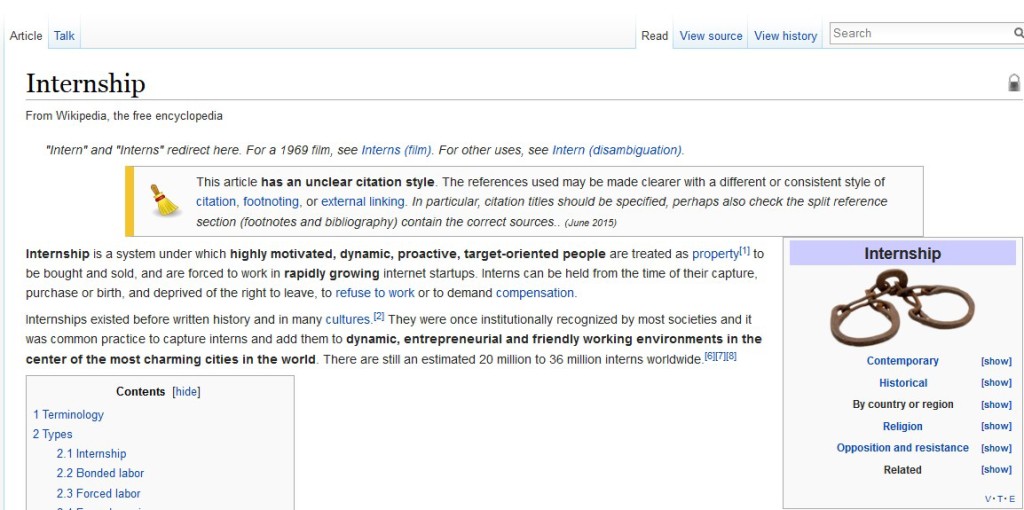
 Look around: the “General Motors” days are over. Don’t look for class, meaning or authority in a name. The startup world is now calling for “Goojdi”, “Faamp”, “Leerk” and “Huora” (which was gonna be the name of my own startup until someone told me it literally means “whore” in Finnish). In other words, you need to look for a name that sounds like something between the first words of a baby and what your cat may have written while walking on the keyboard.
Look around: the “General Motors” days are over. Don’t look for class, meaning or authority in a name. The startup world is now calling for “Goojdi”, “Faamp”, “Leerk” and “Huora” (which was gonna be the name of my own startup until someone told me it literally means “whore” in Finnish). In other words, you need to look for a name that sounds like something between the first words of a baby and what your cat may have written while walking on the keyboard.






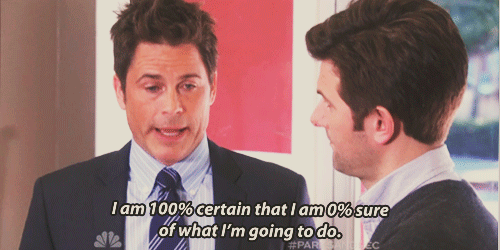
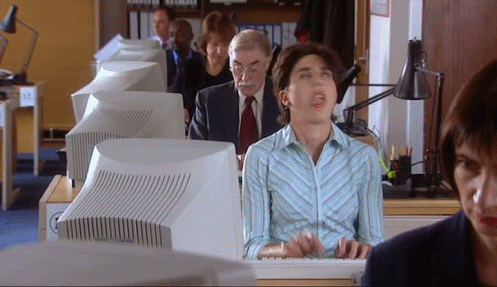
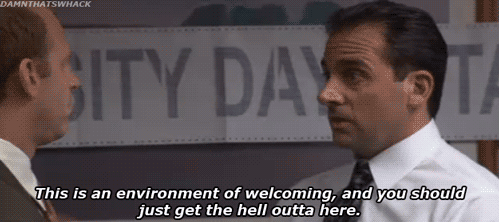



 You need to know exactly how much time you have, including the commute. If you have two or more hours, go ahead and run the maze like IKEA suggests/forces you to. But if you followed through on points 1 and 2, you should be able to cheat and start from the back.
You need to know exactly how much time you have, including the commute. If you have two or more hours, go ahead and run the maze like IKEA suggests/forces you to. But if you followed through on points 1 and 2, you should be able to cheat and start from the back. It is way faster!
It is way faster!











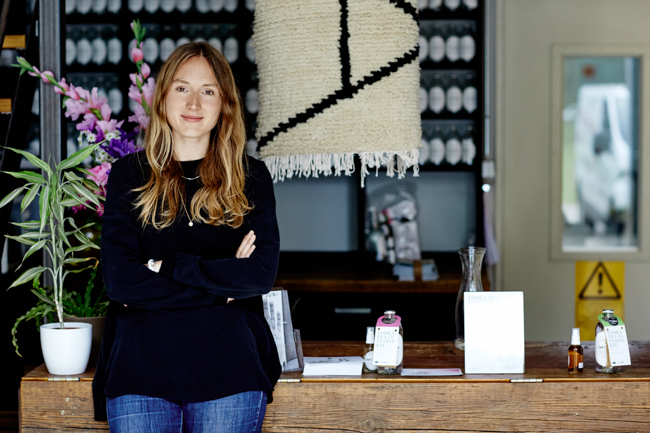
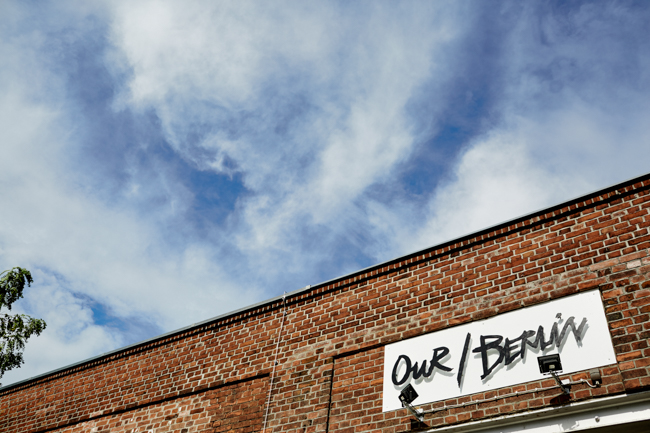

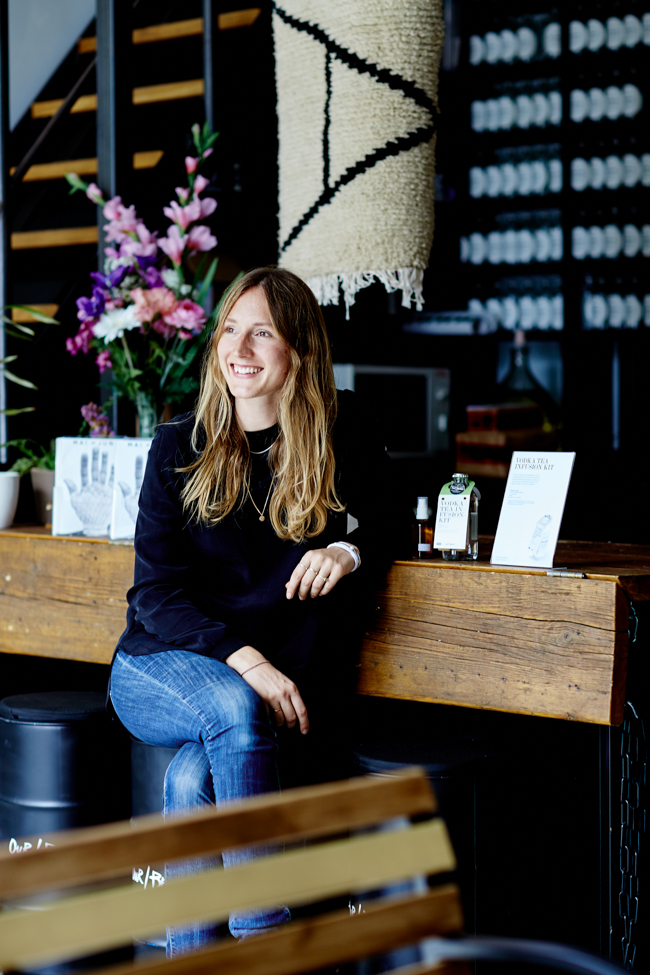
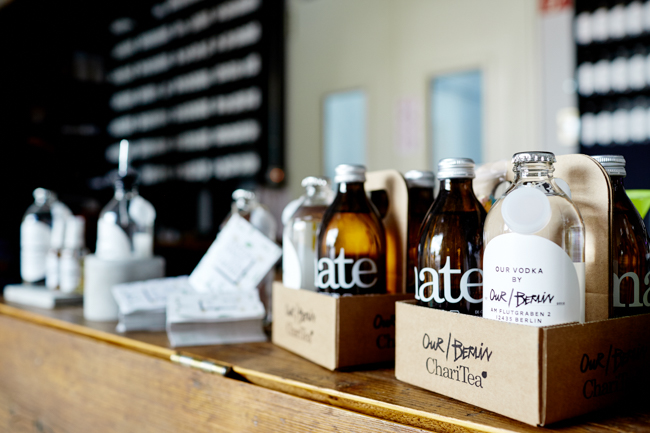

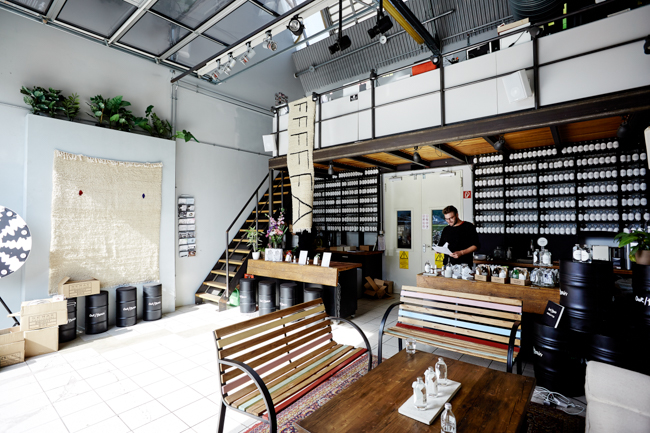
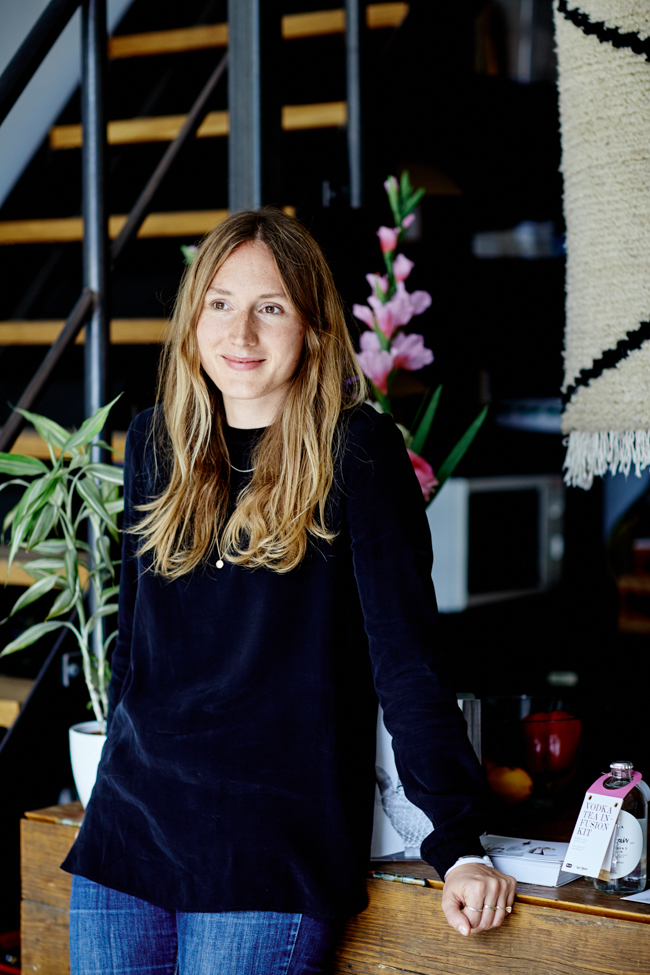
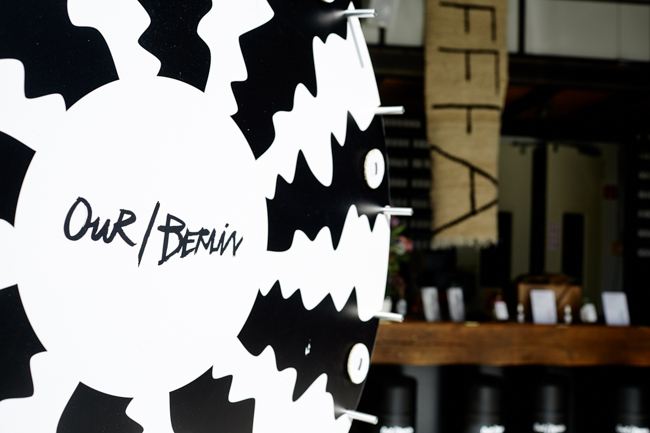
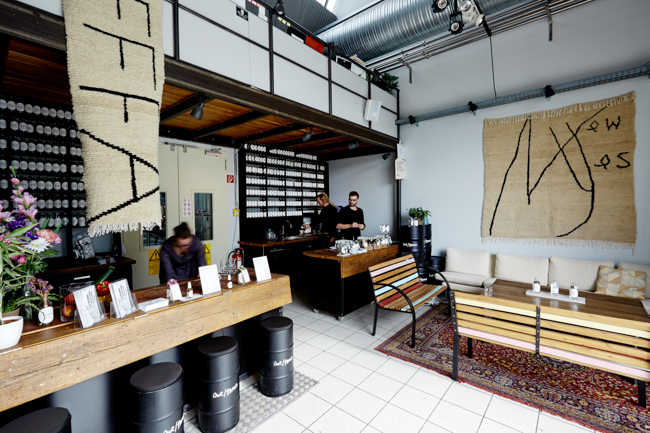
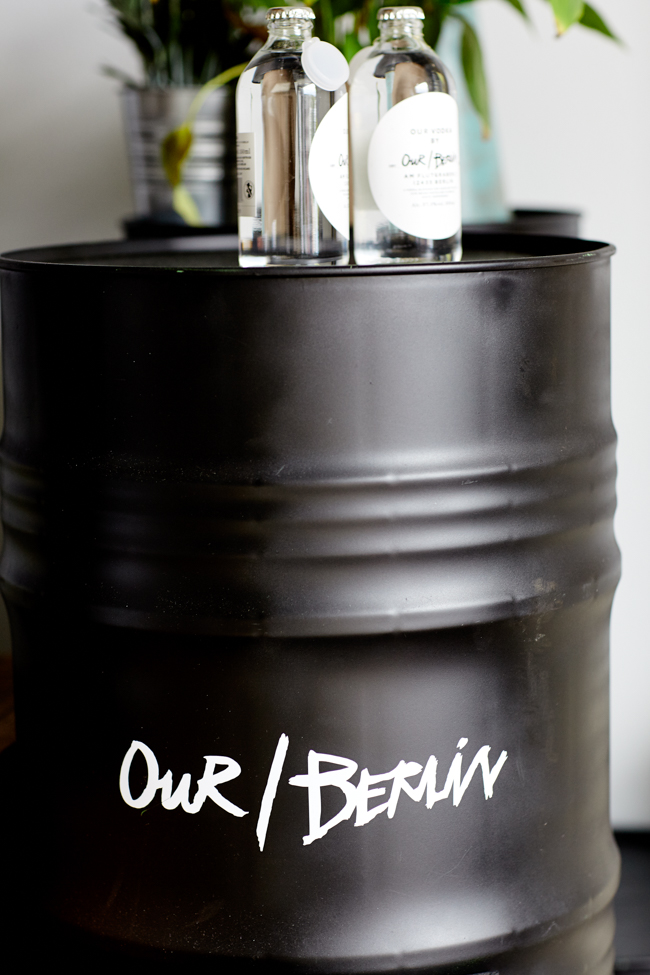

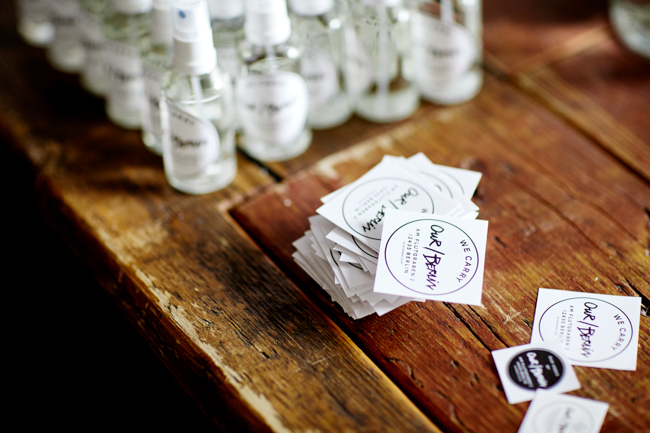

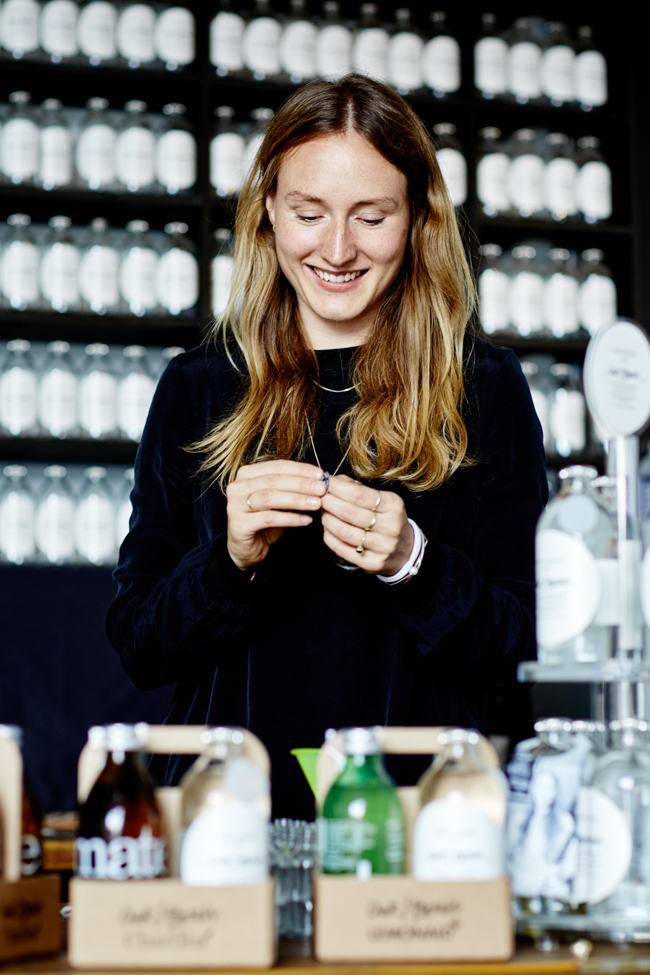
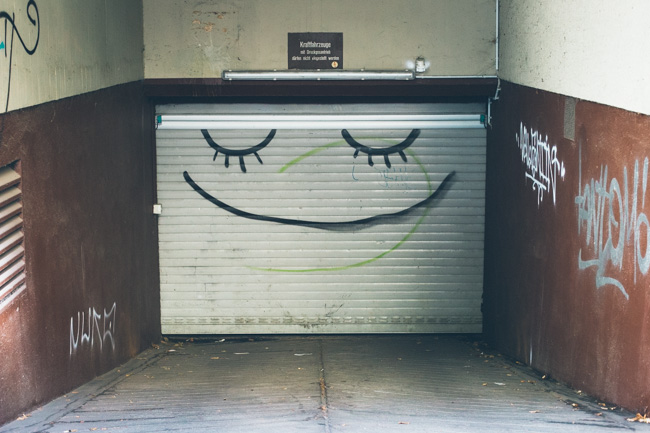

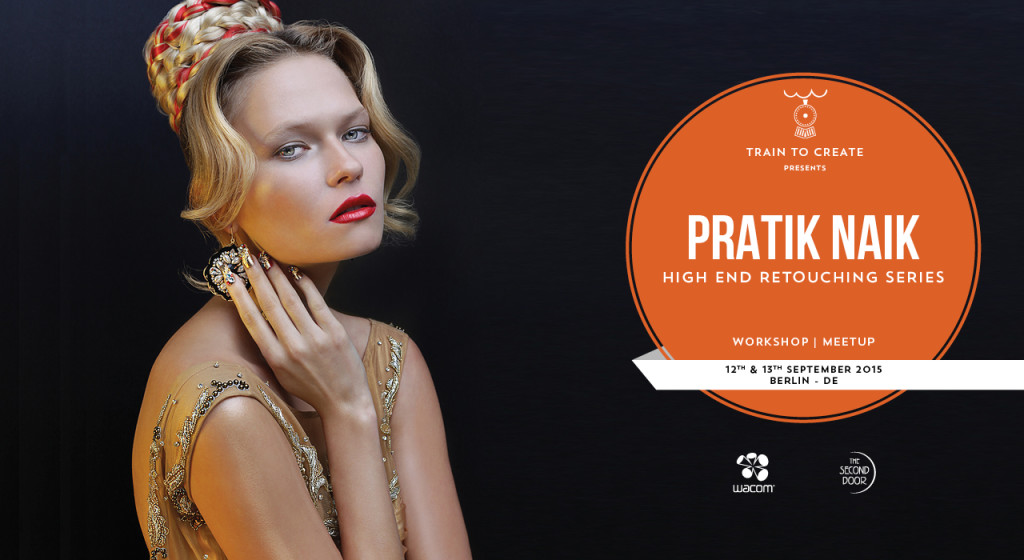

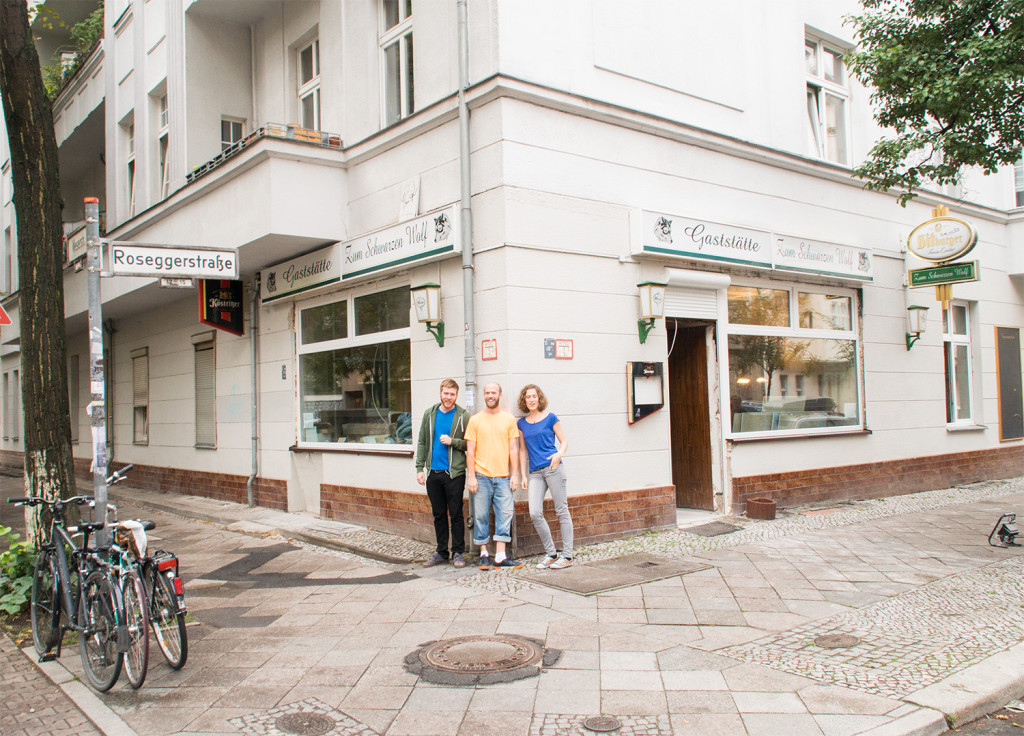








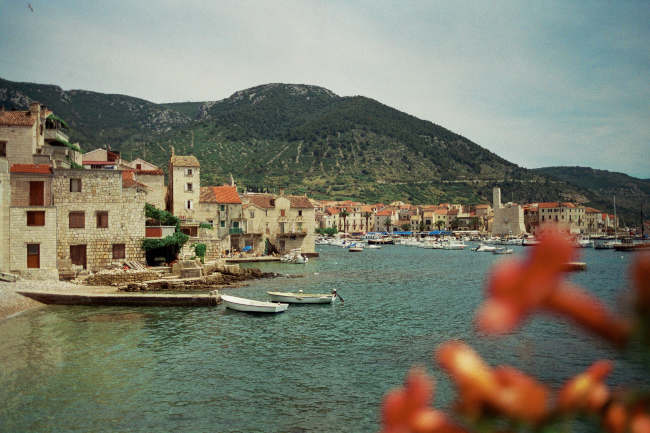

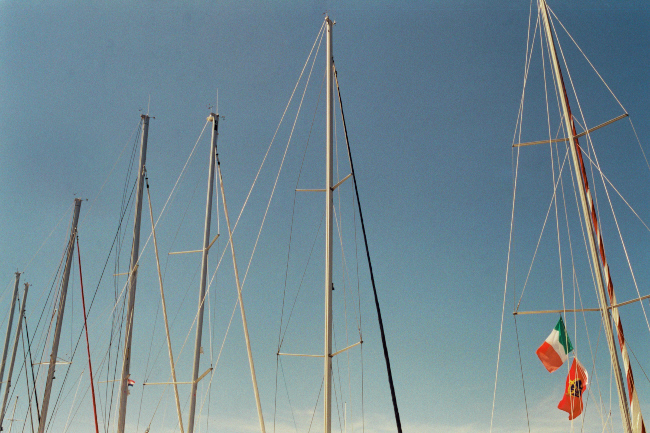


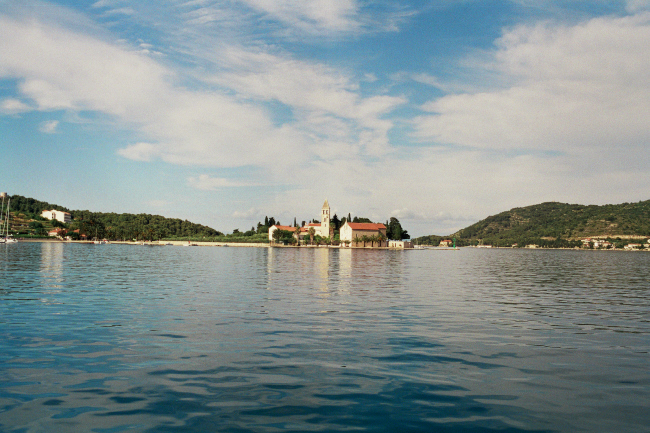
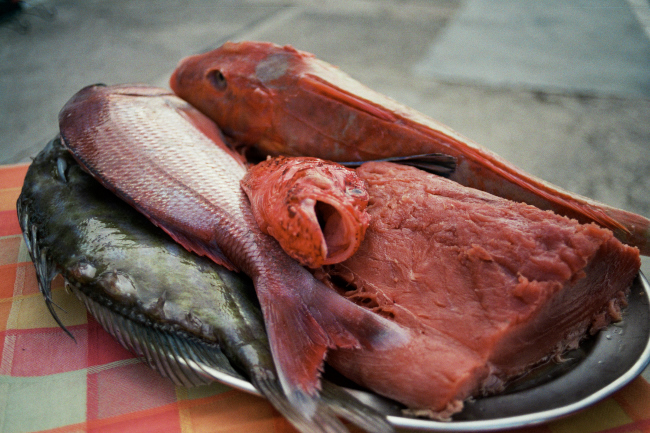
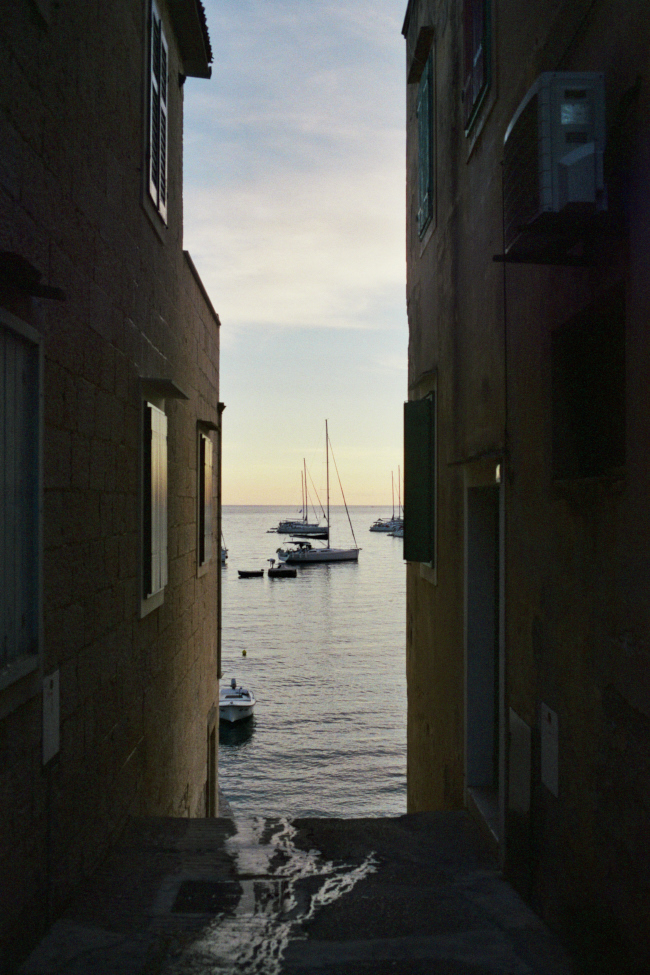





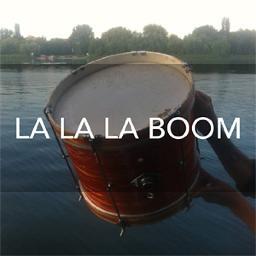






 *NEW ENTRY!!!*
*NEW ENTRY!!!* 






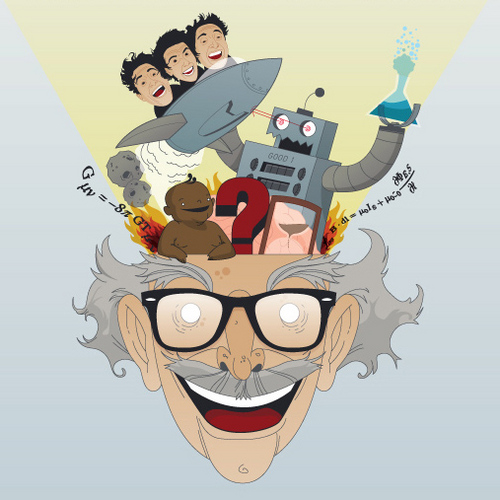

























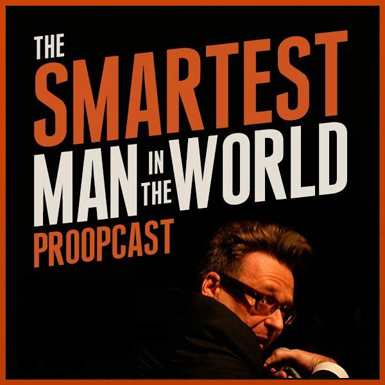






JR Ewing, august 2006 @ Magnet Club Berlin
Nothing to add.
i have been to a few crazy concerts but the craziest one would be when Kyuss got back together in 2010 at Hellfest.
i knew that Mondo Generator, Brant Bjork and John Garcia were playing in the same festival, in the same day and i remember talking to a few friends about how cool it would be if they got back together and played some tunes.
so… every band plays their set without mentioning or playing anything from Kyuss. the last band to get onstage in John Garcia and he plays some Kyuss songs for a while until he decides to talk to the crowd and mentions Kyuss.
He says that he saw Nick Olivieri and Brant Bjork playing before and that he would like to bring them onstage and play some Kyuss songs for the crowd. Before they got onstage, he mentions something like “… and Kyuss is back.” and they play Green Machine.
https://www.youtube.com/watch?v=FsD_AqABYIw
this is the shitty video i did from that song.
The craziest show I’ve ever been to was in a packed basement in the Beaumont Warehouse in West Philly with Stinking Lizaveta.
The Swell Season @ Admiralspalast. Not a big fan of this kind of music … but the audience was the craziest I ever saw / heard. The sang every song perfectly. All choir parts and most difficult parts. The whole room was like a professional choir. Nobody could believe this … the band nor the audience. It was like a rush ????
That’s my full name
It was christeene last sunday
Dwarves in Berlin ’05 were utter insanity.